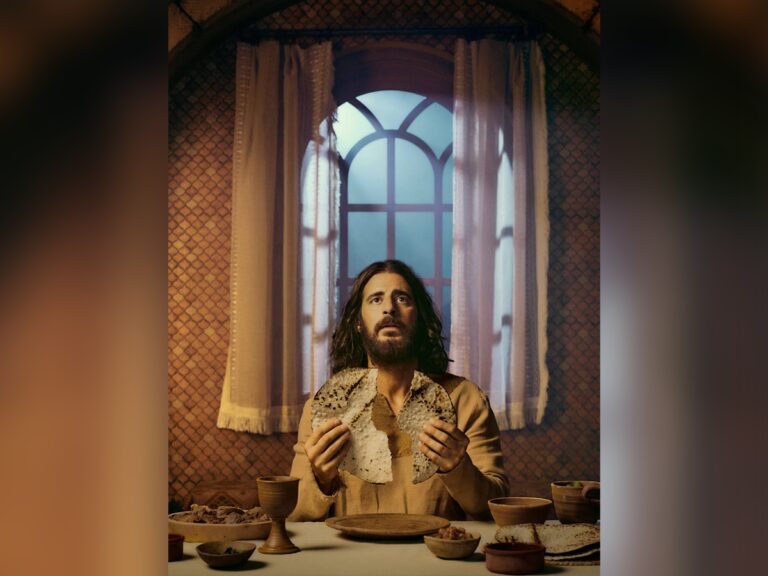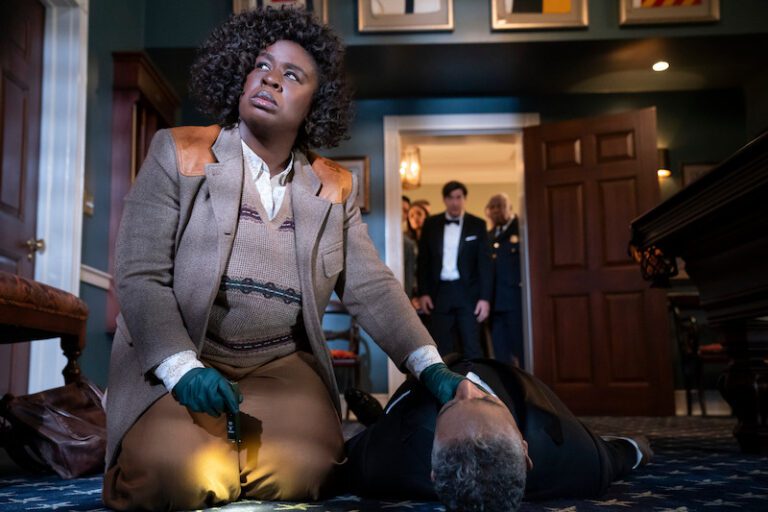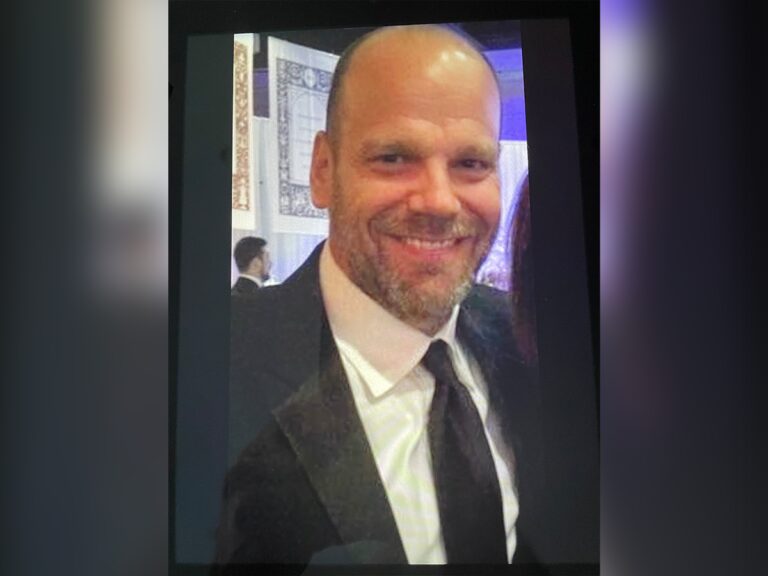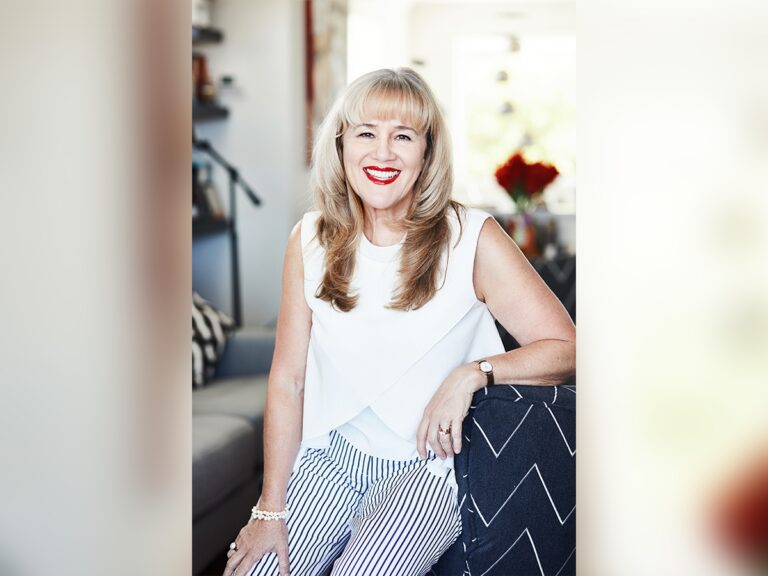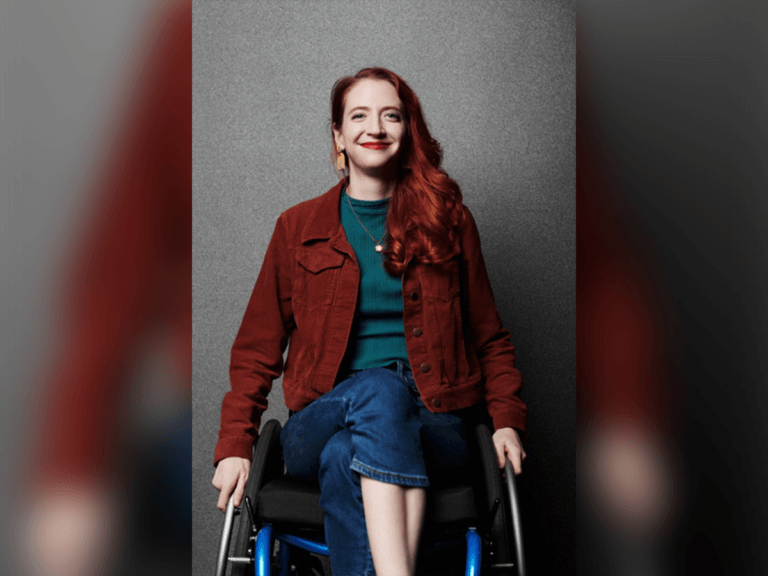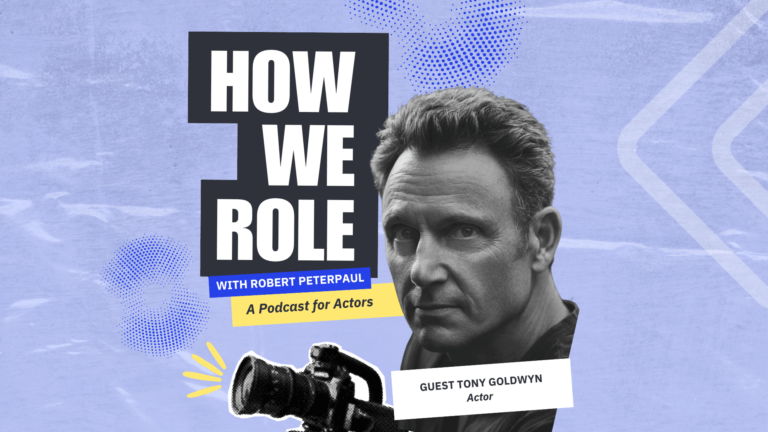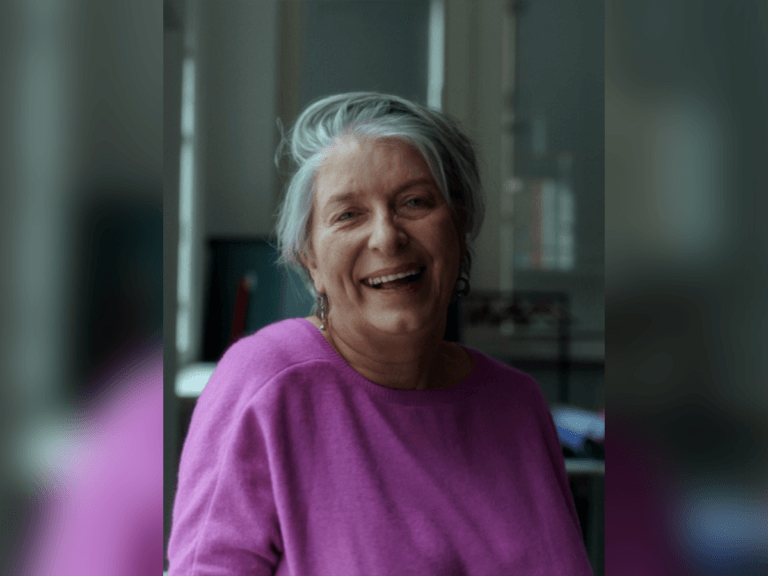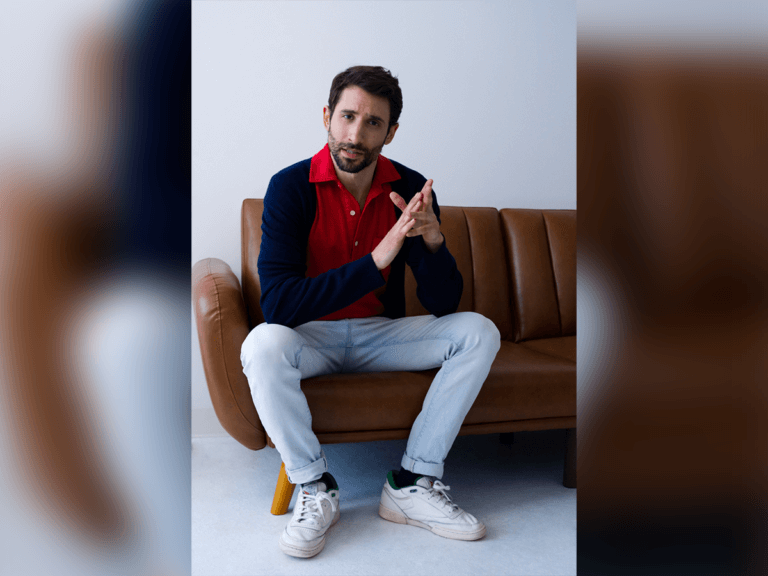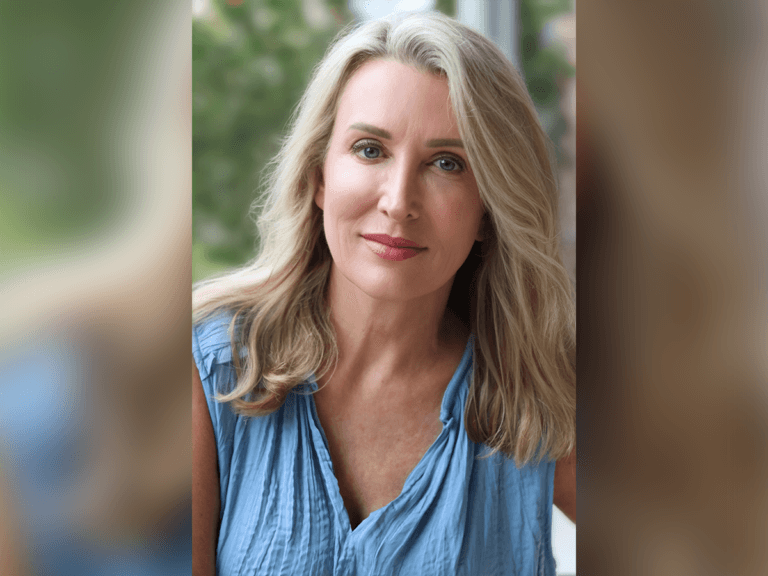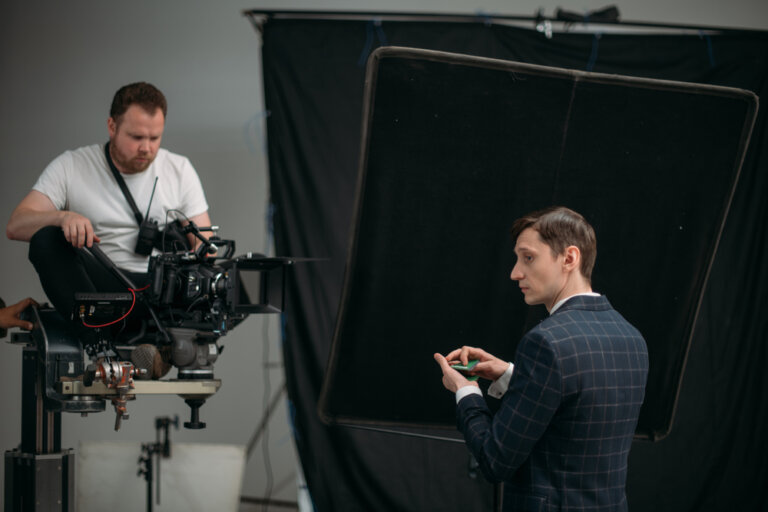Harry Bosch is not as popular a literary character as, say, Jack Reacher, but there are still millions of people who read the book series written by legendary author Michael Connelly.
When Amazon announced a decade ago that it was developing a show based on the character, speculation ran rampant about who would embody the irascible Los Angeles Police detective. When it was announced that highly respected character actor Titus Welliver won the role, it was good news to anyone who knew his work.
After more than two decades working in Hollywood, Welliver — the son of famed landscape artist Neil Welliver — would finally be a leading man. He isn’t disappointed. Bosch and its sequel, Bosch: Legacy, have both been huge hits for Amazon. Bosch lasted seven seasons, and now the third and final season of Bosch: Legacy premieres on Amazon Prime on March 27. He talked to us from Los Angeles.
Insights: Lessons from Titus Welliver
- Pursue something that has depth, offers intellectual sustenance and is good for your soul.
- Don’t place a time limit on achieving your goal
- Take chances. They can be rewarding in many cases.
Thinking about joining Casting Networks? Sign up for a free trial today!
How did you get into acting in the first place?
Originally, my trajectory was to be a fine artist, like both of my parents. I began formal training with my father at the age of 12. By the time I got to art school, they really couldn’t teach me anything. I had done a lot of theater in high school, but I was still very focused and almost myopic and wanted to become a painter.
After an uneventful year at Bennington College, my father was livid because I went there and majored in beer and smoking grass. I knew that I was in deep shit with him, so I opted to drop a tab of LSD and go and join the Marine Corps, but a friend stopped me before I signed the paper.
My father said, “You need to come home to Maine.” After being there for a couple of months in what we refer to as “Inward Bound,” my father had a truck drive up to the front of his house with moving boxes filled with literature, everything from the poems of Ovid to everything written by Churchill and Faulkner. After I completed that, my father said, “What is it you want to do now? When you’re not thinking about girls and drinking beer and just fucking off and having fun, what do you think about it?” I said, “Acting.” He said, “Then you need to go back to New York and that needs to be your journey.”
Interesting that it was your dad who was able to bring that out of you.
He said the pursuit of any discipline in the arts, if it’s not something that you must do, is a fool’s errand. I packed everything that I had into an army duffel bag and got a one-way bus ticket. I started studying at the HB studios. It was the only place I could afford, but I had great people there: Uta Hagen and William Hickey and all these people. I decided to go back to school and complete my education, so I went to NYU and I did my training there and then fell into the hustle.
Theater, finding an agent, all that stuff?
(Nodding) Sending my picture and resume out to casting offices that I got out of the back of Backstage magazine, and I was doing a lot of Off-Broadway work but wasn’t making a living at it. My contemporaries would say, “Well, I’m going to give it five years and see,” and I remember thinking, “You don’t place a time limit on it.”
I grew up with parents who I watched struggle, and I knew what that was about, so I just kept my head down. I did a production of American Buffalo Off-Broadway, and this guy who was an agent had seen me in the play. He tracked me down to this saloon where I bartended. I thought this was just a hustle, another bullshit thing, and I didn’t do anything about it. About a week later, he came back in and said, “Hey, I haven’t heard from you,” and I thought, “Well, I’ll just take a shot, and he was legitimate.” I was hired for the first audition I went on, which was a small walk-on part in the movie Navy SEALs.
And then you were a star and lived happily ever after. The end.
(Laughs) I just kept hustling and never considered deviating from that path. I’d be less than truthful if I said it wasn’t difficult, but the pursuit of anything is going to be difficult. Pursuit in the arts is navigating a sea of heartbreak, and ultimately, you have to be self-reliant, self-confident and have integrity. Even then you may never hit the place where you think you deserve to be, but that’s not what it’s about.
Not everybody has that fire, and if you don’t have it, you shouldn’t do it.
We’re unfortunately in an age; with social media and everything; where there is a lot of incentive to receive some sort of fame or acknowledgment rather than pursuing something that has depth, that offers intellectual sustenance and something good for your soul. It has to be an obsession in the same way that you need oxygen and water to stay alive. When it becomes that thing, it’s a part of your whole internal organism that allows you to operate and to live, then you will be okay.
I have friends that I went to conservatory with who were incredibly talented, really gifted people, but had placed time limits and didn’t have the patience and went on to do other things. Some became lawyers, others went into the banking world and others sold and sold real estate. The odd thing about it is that there’s always that strange thing that comes up in conversation, “I’m so happy for your success, being on a hit show, and that it’s all worked out and I sometimes have these regrets.”
I wonder if part of that need that you had, as well as your dad’s encouragement, came from the life he led and you growing up in that world and understanding and appreciating the life of an artist.
Oh, 100%. If I told you how many friends when I was in school — and even now [tell me this]. I hear it’s such a common thing to hear, “Yeah, my parents, when I told them I wanted to be an actor, they would say things like, ‘Well, okay, but get a degree in such and such, so you have a backup plan.’” I remember a friend of my father’s who was not in the arts saying to me, “What are you going to do if this doesn’t work out?” And I said, “That’s not an option.”
Since you brought up the hit show, this has been what, 10 years you’ve been playing Harry Bosch?
We just had our 10th anniversary from when we shot the pilot.
Had you read Michael Connelly’s books before you took on the role?
I’d read one book several years before I ever read the pilot script for the show. I remembered that I enjoyed reading the book and I liked that character. Harry Bosch is the quintessential antihero. He’s very human, and that’s what makes him accessible because he’s flawed, he’s vulnerable and he’s strong, but he’s relentless. If anyone was a victim of a crime, you would want a cop like Harry Bosch working that case, but I didn’t put it all together immediately.
The script was so strong, it was one of those things where I read it and went, “Man, I couldn’t write a better role for myself. I know who this guy is.” Having done this long enough, you know that you’ve got to go in there and try to win the day, but I thought, “Every big-name actor is going to be up for this thing.”
I was very, very fortunate that when Conley and I met, he felt that I was the guy to play the part. On the first day of the shooting, we were down outside of the LA County Courthouse and he said, “How long do you see yourself playing this character?” I didn’t have to think about it. I said, “I’ll play Harry Bosch as long as they’ll have me,” and that continues to this day.
The writers, the producers and everyone — they work hard to raise the bar each season. They work very, very hard to maintain the integrity and the quality of the show. I think that’s why we’re still going. Hopefully, I’m doing this for another 10 years.
You may also like:

